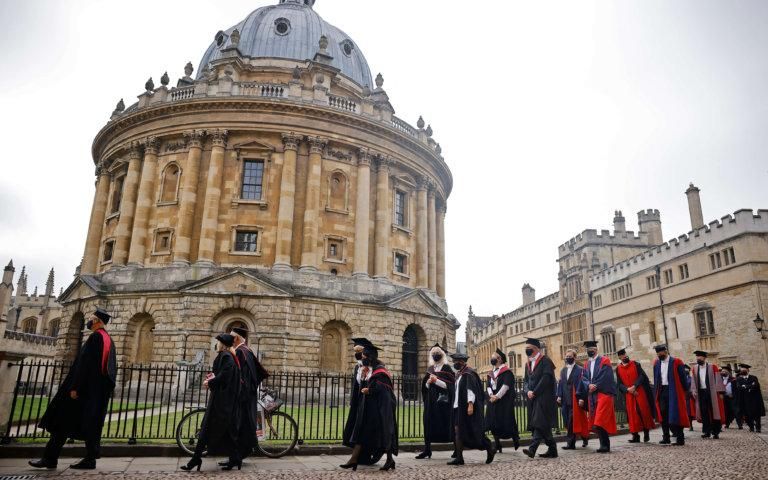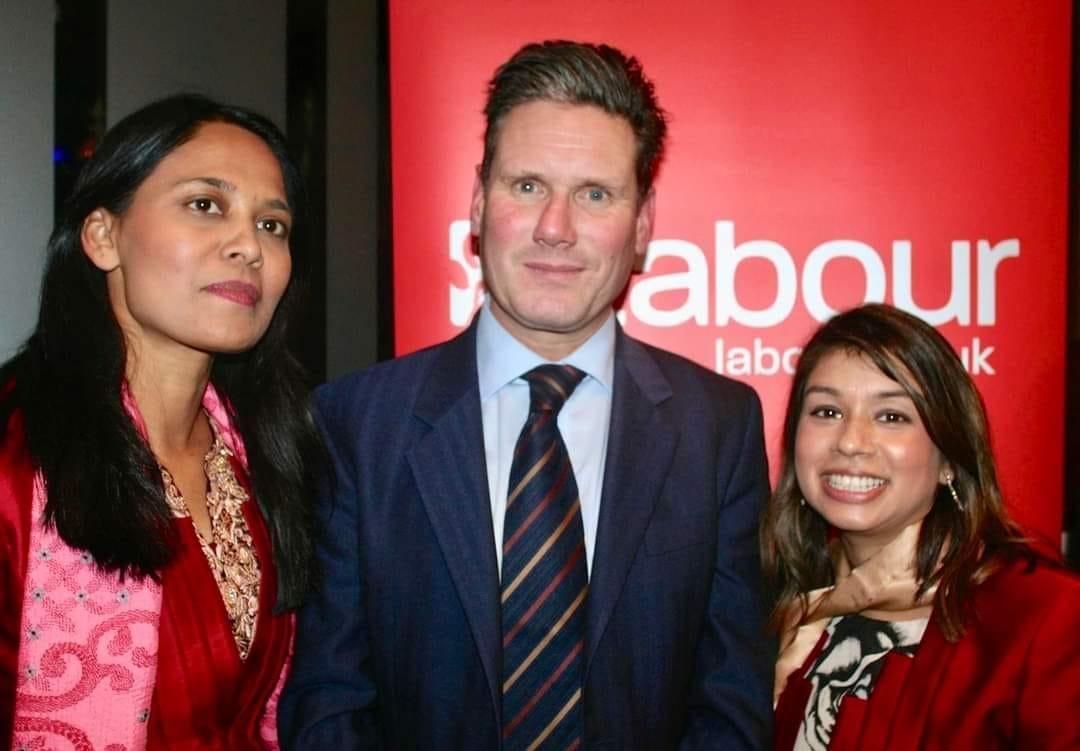Organizations are deceiving overseas students into applying to remote British institutions by pretending they are in London, according to a recent report.
It brought to light how some organizations charge as much as £500 to assist individuals with university applications, while others offer their services for free.
With a graduate visa, individuals can go to Britain and work there for a minimum of two years following their successful completion of their education.
The Government’s independent advisers, the Migration Advisory Committee, commissioned a research agency to conduct 40 interviews with recent graduates from UK universities who were currently on the graduate visa.
It aimed to provide the MAC with a “clear picture of how the route worked in practice” and how it was viewed.
It highlighted how “third party agencies played a significant role” in the decision by some graduates who chose to study in Britain.
“These agencies, often free for students and sometimes funded by universities, provided assistance with applications, course selection, and accommodation,” the report concluded.
“However, their influence sometimes led to misaligned expectations about the content of people’s courses, university rankings, or the location of universities.”
In some cases individuals felt agencies had “mis-sold the course, location or university”.
It highlighted one case, Hafida (not her real name), a 28-year-old Pakistani studying film studies, who it said was led to believe she was going to a university in a “big, bustling city, and some of the promotional materials included photos of London”.
But she later discovered her university was in “a remote location that did not suit her needs or meet her expectations”.
Hafida said: “Gradually I was like, what is this? Why here? I wanted to go to a city and explore that side of me. But then coming to a town [here] where you barely see people on the high street.”
It was also reported that agencies sometimes used the graduate visa as a selling point.
The report told of the case of Ada, 43, from Nigeria, (also not her real name) who highlighted that agents informed her about the benefits of the graduate visa before she applied for university, presenting it as one of the advantages of studying in the UK.
The agencies were often free for people to use, sometimes funded or subsidised by UK universities.
But some people reported using paid for agencies to support them.
“They charged around £500, or maybe £400. They applied for me and I didn’t do anything, to be honest,” said Sadiquoon 24, from Algeria, (not his real name), who did an MSc in computer science.
“The only thing I did was the IELTS (International English Language Testing System), and I gave them my documents. I think I had to do a personal statement, telling them [the university] why I wanted to do the course, but I think the agency wrote it for me.”
But the study highlighted that participants in the study who used agencies often ended up doing less competitive courses or attending less highly-ranked universities.
Sadiquoon paid £13,000 to study a course as advised by an agency, which it reportedly said would help him prepare for his Masters, for which he paid another £21,000, according to the report.
He explained: “It was a useless course. It was basic maths and computer science stuff and it was mainly stuff I already knew. I came here through an agency, so they advised that I do a pre-Masters just to get used to the city, to get used to the education here. […]
“That’s what they advised me to do so that’s what I did. But I think I regret it I shouldn’t have done it, I should have gone straight to my Masters.”
The report said post-graduation employment outcomes “were mixed”, with a “notable gap” between expectations and reality.








.svg)


